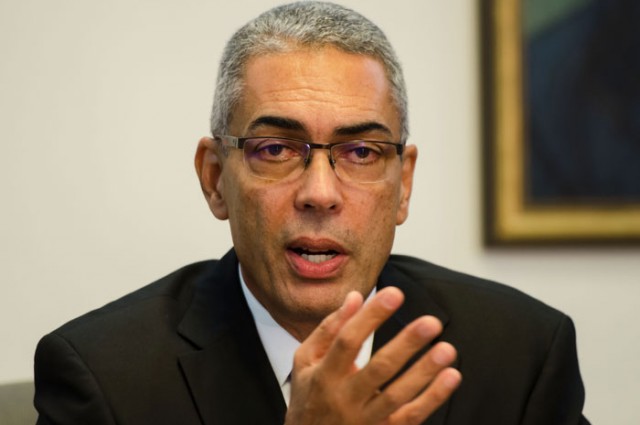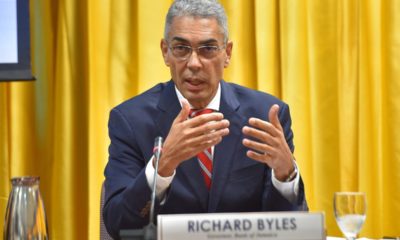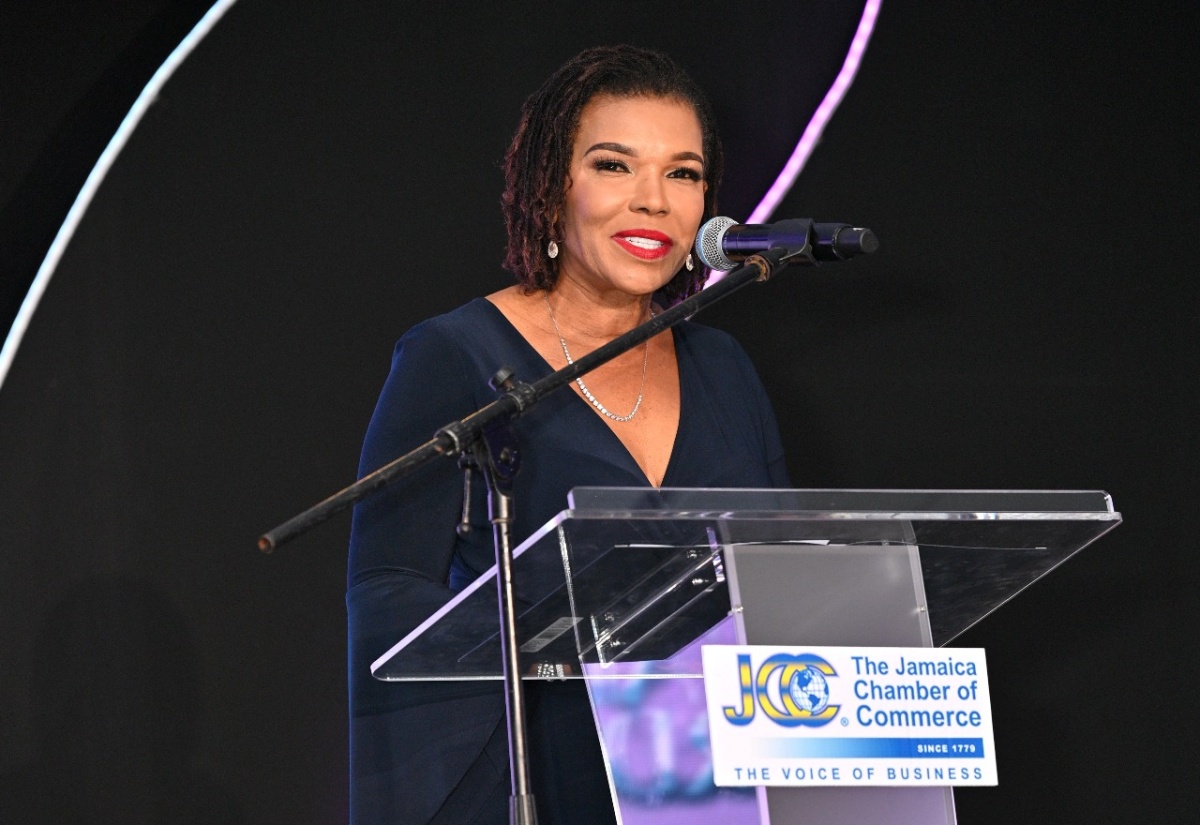Businessuite News24
Jamaica Has Adequate Gross And Net International Reserves To Finance Its Obligations, Cushion Against Exogenous Shocks, And Address Near To Medium-Term Eventualities.

Businessuite News24
India’s 10-Minute Delivery Boom: A Blueprint for Disruption—and a Wake-Up Call for Caribbean Courier Companies
While the Caribbean market differs significantly in terms of geography, population density, and infrastructure, India’s 10-minute delivery trend signals a major shift in consumer expectations and service standards that cannot be ignored. Caribbean courier and logistics companies must take this as a call to evolve or risk irrelevance.
Businessuite News24
Corporate Movements – June 2025
Businessuite News24
MSMEs Encouraged to Create Business Continuity Plans
Businessuite News24
Private Sector Urged to Champion Productivity
“Equity means ensuring access to financing, financial inclusion, fair treatment under regulation, and a level playing field for all, including women, youth, and marginalised communities,” she said.
Artificial Intelligence
Meta’s AI Ad Revolution Is A Seismic Shift in the Media Landscape – Its Impact On Caribbean Agencies
Meta’s “infinite creative” ad ambition is a disruptive force—reshaping the contours of advertising from production to pricing. For traditional agencies, the future isn’t erased—it’s redefined, demanding agility, technological foresight, and narrative excellence. Investors should scrutinize which players can transcend production to become indispensable strategic storytellers in the AI era.
-

 Businessuite Markets3 weeks ago
Businessuite Markets3 weeks agoScotia Group Delivers 19% Q2 Profit Growth, Net Income Hits $5B for the Quarter
-

 Leadership Conversations3 weeks ago
Leadership Conversations3 weeks agoWhy Some CEOs Resist the Concept of Buy-In
-

 Businessuite News243 days ago
Businessuite News243 days agoIndia’s 10-Minute Delivery Boom: A Blueprint for Disruption—and a Wake-Up Call for Caribbean Courier Companies
-

 Businessuite Women6 days ago
Businessuite Women6 days agoDorothea Gordon-Smith Marks 50 Years of Quiet Power in Waste Management
-

 Business Insights3 weeks ago
Business Insights3 weeks agoYou Can’t Fix What You Can’t See: Why Jamaica Broilers’ U.S. Collapse Wasn’t Just Financial, It Was Strategic
-

 Corporate Feature3 days ago
Corporate Feature3 days agoNot Just Vanity Metrics: A Digital Leader Focused on What Matters
-

 Businessuite Markets4 days ago
Businessuite Markets4 days agoMain Event Entertainment Records $9.4M Net Loss For April 2025 Quarter
-

 Businessuite News24 International3 days ago
Businessuite News24 International3 days agoIndia’s 10-Minute Delivery Boom: Reshaping Retail, Logistics, and Urban Spaces


















